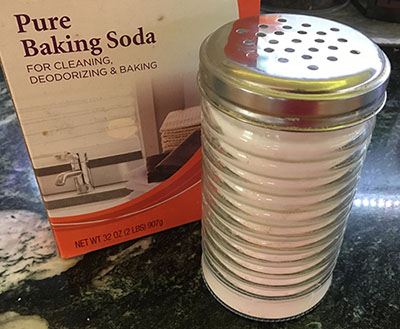When I store leftovers in plastic tupperware and eat them later, I sometimes taste plastic. I do have some glass pyrex containers and they don't leave this aftertaste, but I would like to be able to use my plastic tupperware since I have so much of it.
Is there a special way to clean plastic tupperware? I tried handwashing and after it's dried, putting newspaper in there to absorb stuff.
On another note, it seems like some of my plastic tupperware absorb some food material onto itself. Kind of like forming a seasoning on a cast iron pan, except this is a waxy-food-weird-tasting film on the insides of the tupperware. Anyway to get rid of that? Soaping doesn't seem to work. This film is way too waxy.

